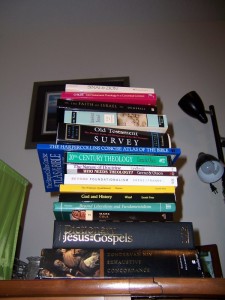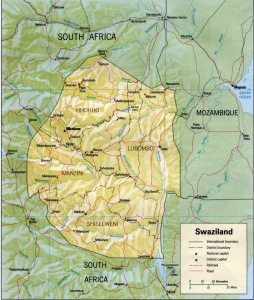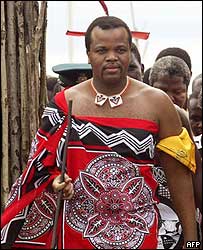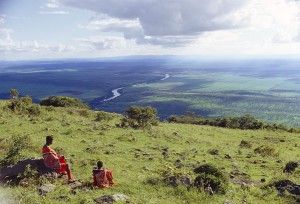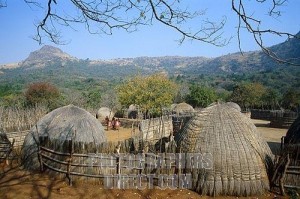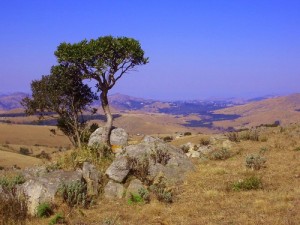10 Things to do before Swaziland
With our move to Swaziland probably only 10 months away, Beth and I have been talking through how we should spend our remaining time stateside. Here is a list of 10 things I want to accomplish before we leave. If you can help me out with any of them, please give me a shout.
- Learn to weld – Let’s start with an easy one. I wouldn’t consider myself a handy man, but I am willing to try and figure stuff out. This is one skill I don’t have and would love to pick up just in case the need ever presents itself.
- Improve my siSwati – I learned more siSwati in the 10 days we were in the country than I did in the months before trying to teach myself. That being said, I have yet to cross beyond the typical greetings and pleasantries. I would love to be able to have a basic conversation before arriving in the country nest summer.
- Take a course on AIDS – Swaziland is a beautiful country, but it holds several dubious titles. It has the highest AIDS rate at nearly 40%! It also has the highest death rate and fastest declining life expectancy. Every issue in Swaziland is impacted by the AIDS epidemic (from employment to poverty to orphan care). I want to take the time to familiarize myself with the disease, its treatment, and its impact on society.
- Brush up on my Southern African history – Swaziland has a rich history. It was largely able to avoid the strife caused by colonialism that negatively affected so much of Southern Africa. However, much of the current climate in the area is still impacted by this chapter of history. I want to know more about the Boers and English and tribal conflicts that shaped the area.
- Learn to drive a split shift – Another seemingly random skill set I would like to acquire. I have no desire to drive a large truck, but I want to be able to do it if the need ever arises.
- Become competent in PHP development – Several months ago, a good friend of mine and I began (re)teaching ourselves HTML and CSS. I know just enough to get myself into trouble. I would like to build on this skill set by adding PHP development so I can design websites and databases for the organizations I will work with and also as a possible secondary income stream.
- Sell / Give away / Downsize our stuff – We have been in this process for several years now, but still have so far to go. I still have books to get rid of, a house to sell and plenty of household items to deal with. Most of our stuff is not going with us nor will it be saved.
- Visit with friends and family – This past weekend I had my 10 year reunion and also visited with college friends at a wedding. It reminded me how many people I want to see before we leave. If you are in the area, please take the time to give me a ring and I will treat you to a meal or coffee.
- Travel – This is obviously related to the prior. I foresee many mini-road trips in the near future to visit people, but also I want to explore our own country a bit more before we leave. I have been fortunate enough travel through most of the country, but Beth has not. I want to be intentional about visiting places, especially in the American West.
- Have a game plan for the next 10 years – This move to Swaziland has been over two years in the planning. Beth and I have slowly, but deliberately made decisions about our future and have been willing to change them as needed. Now that things are beginning to solidify, we need to be thinking about where we want to be in the next decade or longer. This means working through things like expanding our family, saving for college, setting long term goals, etc. I don’t expect to have it all figured out, but I want us to be intentional about the direction we are moving. (That is actually the key idea behind the title of my blog.)
